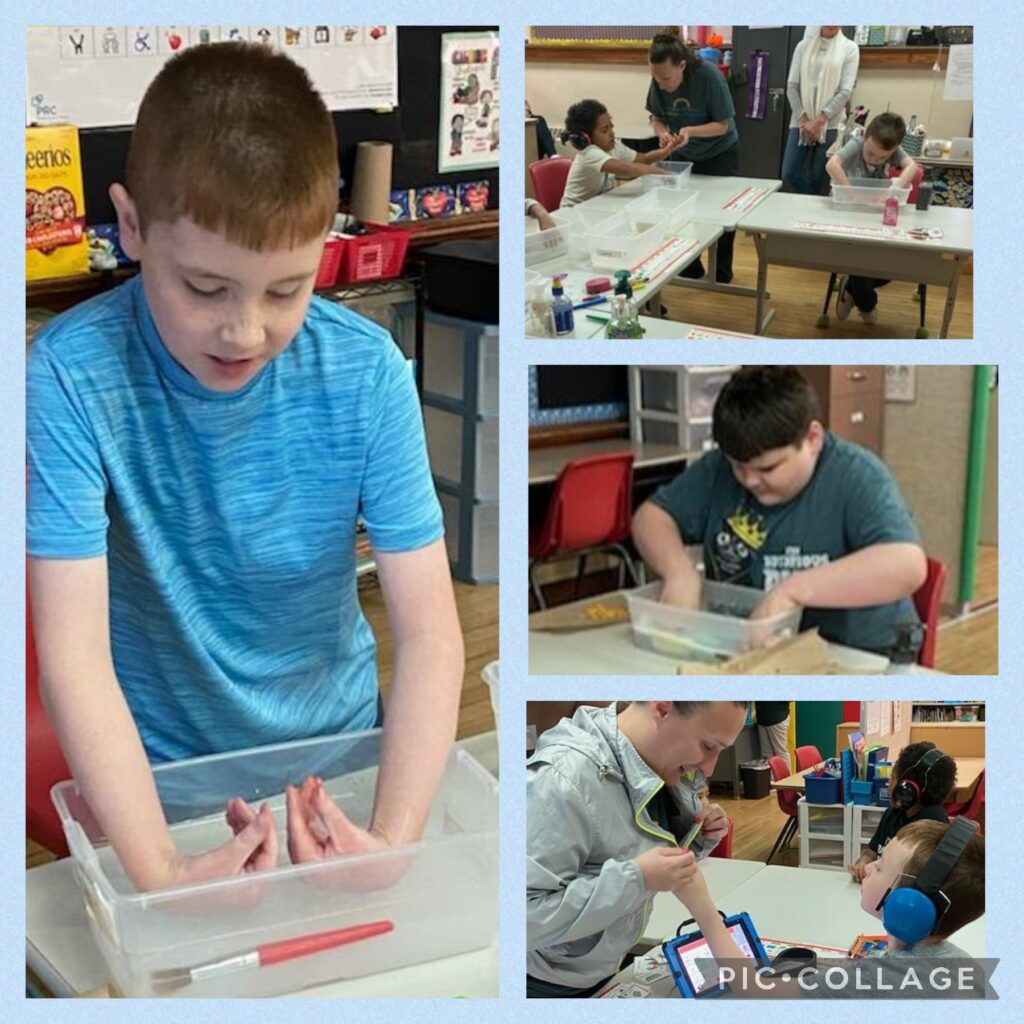Self Care in RTI
Self Care and How to Help in All Tiers (1,2,3)
The ability for a student to complete functional self care tasks are so important to everyday living and functional skills throughout the school day. Self care includes hand washing, putting on/taking off a coat, zipping/unzipping, putting on a shoe, tying a shoe, putting on hats/gloves, wiping a face, washing a face, brushing teeth, completing a bathroom routine, etc. In the previous years I have implemented many Tier 1 (universal) groups working along with the teachers focusing on fine motor (handwriting and scissors skills). This year I wanted to try something new!!! I wanted to try specific self care groups in a Tier 1 (universal) perspective. My idea was what season are we in and how can I address a self care need in that season. My first step was to get a buy in with 1 teacher. I did, the teacher was immediately excited and willing to start this. My second step was how many minutes, how much time do we need, and how long per self care task. The plan was determined to make these mini sessions (20 min each) approximately 4 sessions, once a week. So taking a whole month to focus on 1 self care task. Each month changing that task. August/September Hand Washing for example. With it being the start of the school, what a great way to go over hand washing again! Moving into the colder months, I am focusing on coats/zipping, then hats/gloves. This has been such a passion of mine this year and to have a teacher so excited to work with me has been phenomenal! I hope this inspires you to try something new and different!
Casey Kingsley COTA/L
A note from the teacher:
As an intervention specialist for students with moderate to intensive needs, functionality is key! Students participating in the self-care groups are learning functional day-to-day skills that carry over from direct instruction in the classroom to independent living skills at home. Simple tasks typically developing individuals take for granted are huge milestones for students with developmental needs, emotional needs, and sensory difficulties. I am grateful for the opportunity to collaborate with the occupational therapist to meet the needs of my students that help increase their independence!
Ashley Longville
Intervention Specialist

